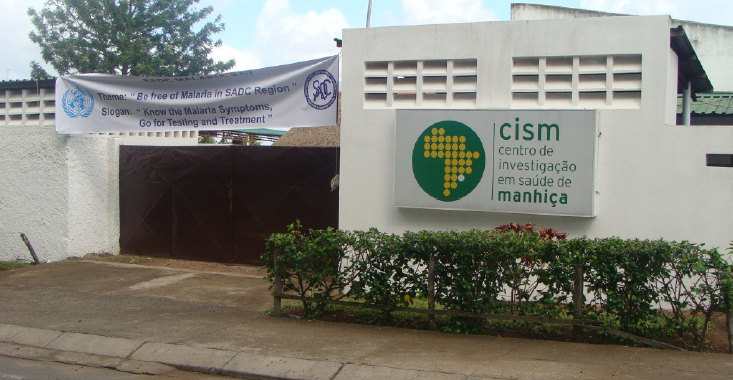- Home
- Member HDSSs
- Manhica HDSS
Manhica HDSS

The Manhic¸a Health Research Centre, established in 1996 in a rural area of southern Mozambique, currently follows around 92 000 individuals living in approximately 20 000 enumerated and geo-positioned households. Its main strength is the possibility of linking demographic data and clinical data to promote and conduct biomedical research in priority health areas. Socio-demographic data are updated twice a year and clinical data are collected on a daily basis. The data collected in Manhic¸a HDSS comprises household and individual characteristics, household socio-economic assets, vital data, migration, individual health history and cause of death, among others. Studies conducted in this HDSS contributed to guide the health authorities and decision-making bodies to define or adjust health policies such as the introduction of Mozambique’s expanded programme of immunization with different vaccines (Haemophilus influenzae type b, Pneumococcus) or the development of the concept of Intermittent Preventive Treatment for Infants (IPTi) that led to the World Health Organization recommendation of this method as best practice for the control of malaria among infants. Manhic¸a’s data can be accessed through a formal request to Diana Quelhas (diana.quelhas@manhica.net) accompanied by a proposal that will be analysed by the Manhic¸a HDSS internal scientific and ethics committees.
